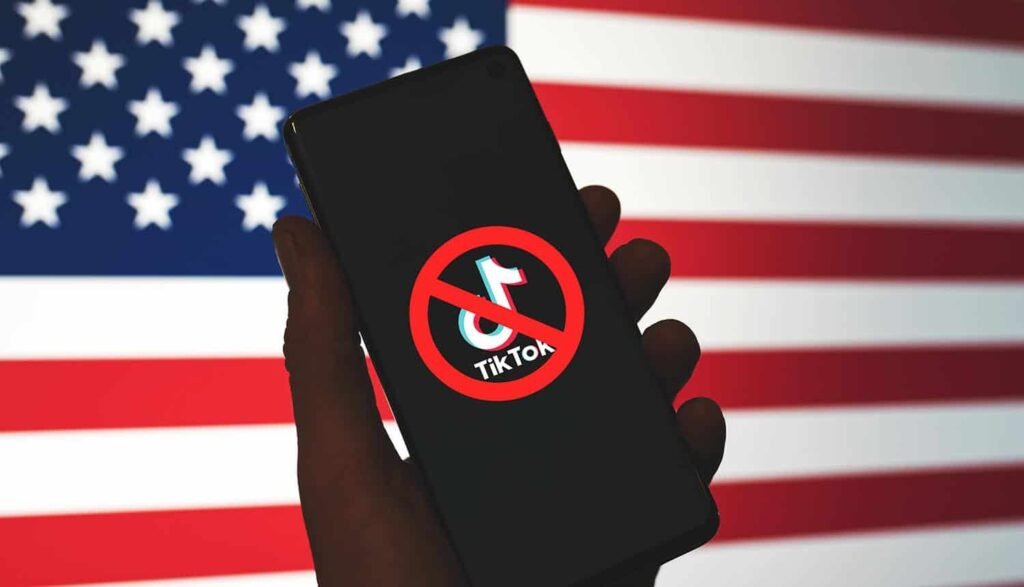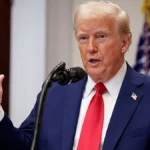
In a decisive move, the US House of Representatives has passed a bill targeting TikTok, the widely popular video-sharing app, over concerns related to its Chinese ownership. The bill, if enacted, would compel TikTok to sever its ties with its parent company, ByteDance, or face a ban in the United States. The vote showcased rare bipartisan agreement with a significant majority of 352 in favor and only 65 against the proposed legislation, highlighting the app’s contentious status among US lawmakers.
This legislative action represents a significant challenge for TikTok, which has become a global sensation but has also raised alarms over potential data privacy issues and its connections to the Chinese Communist Party. The Senate’s stance on the bill remains uncertain, with some senators hesitant about the implications of banning an app with a vast user base of 170 million in the US alone.
The White House has signaled President Joe Biden’s willingness to sign the “Protecting Americans from Foreign Adversary Controlled Applications Act” into law. This act not only targets TikTok but also empowers the president to identify and act against other apps deemed security threats due to foreign adversarial control.
The bill’s sudden momentum has taken TikTok by surprise, especially following President Biden’s recent engagement with the platform as part of his reelection campaign efforts. TikTok’s leadership, including CEO Shou Zi Chew, is actively seeking to counter the bill in Washington.
Critics of the bill, including TikTok’s vice president for public policy, Michael Beckerman, argue that it hastens legislative action without sufficient public discourse and may pose constitutional issues. Meanwhile, China has criticized the US’s actions as baseless and an example of bullying behavior, cautioning against potential repercussions.
The bipartisan effort to pass the bill, led by House Republican Mike Gallagher and Democrat Raja Krishnamoorthi, emphasizes the perceived national security risk rather than an outright ban, contingent on TikTok’s divestiture from ByteDance. This legislative move has even seen Republican lawmakers diverging from former President Donald Trump’s recent opposition to a TikTok ban, highlighting the complex dynamics at play.
As the debate over TikTok’s future in the US intensifies, the app’s fate hangs in the balance, with implications for digital privacy, international relations, and the regulatory landscape governing tech companies.




































Leave a Reply